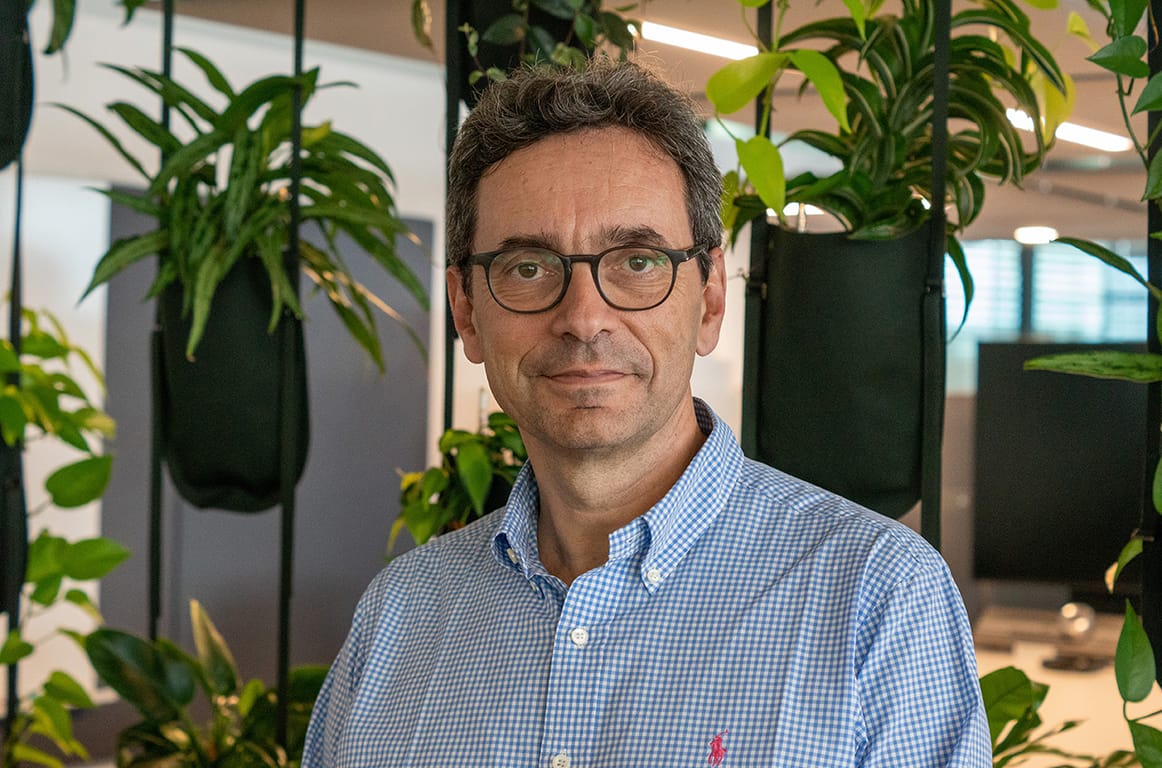
Sylvain Massot
Vice-President & Treasurer (Board Member)
Our planet today faces immense challenges, whether they be social or environmental, as illustrated by the 17 “Sustainable Development Goals” published by the United Nations in 2015 and the delay in the implementation of measures to reach them by 2030. Given the chronic debt problems of states, it becomes clear that these challenges cannot be resolved without massive support from the private sector. My experience as co-founder of Impaakt, a startup that measures the social and environmental impact of private companies, proves that a growing number of investors want their investments to not only provide a financial return but also reflect a positive impact on society.
The ReBin project fits perfectly into this logic since it aims to respond to the dual social and environmental issues without neglecting other economic ones. It is first of all social since it helps provide education to the youngest, reduce social inequalities and promote local know-how. It is then environmental because it provides a solution to the problem of collecting waste, which is too often abandoned in nature. It also makes possible to recycling and reintroducing into the industrial cycle, raw materials which are sorely lacking. Finally, entrepreneurial because it aims to remunerate the population at the bottom of the pyramid for their sorted waste and to create specialized employment.
It is about reconciling the viability of a project, an organization (economic performance) with ethical principles, such as the protection of the environment and the preservation of social ties. On a modest scale at first, the ReBin project aims to develop throughout Benin and beyond its borders now that the economic and entrepreneurial model has proven its worth.